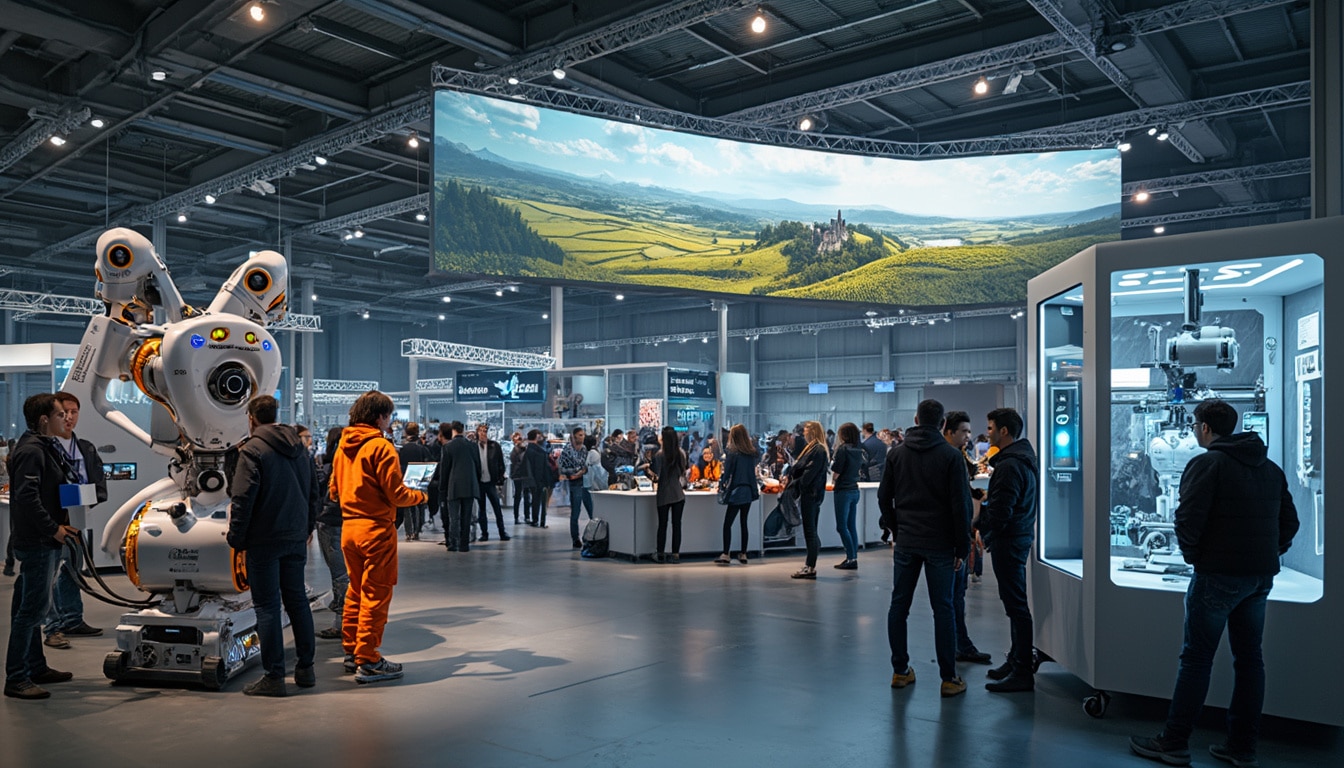In an age where technology is rapidly reshaping our lives, the field of cardiology stands out as a prime beneficiary of these innovations. From groundbreaking artificial hearts to advanced monitoring systems, cardiology is not just keeping pace with technological advancements but is leading the charge. The integration of digital health solutions is paving the way for improved patient outcomes, transforming both procedures and the overall approach to heart health. As we delve into this thrilling intersection of medicine and technology, we uncover how these advancements are not only saving lives but also enhancing the quality of life for many patients around the globe.

Cardiology has undergone a massive transformation, propelled by technological innovation. From groundbreaking artificial hearts to sophisticated intervention techniques, the field is evolving at an unprecedented pace. This article delves into how these advancements are reshaping patient care, improving survival rates, and delivering new hope to those facing severe heart conditions.
Table of contents
ToggleArtificial Hearts: A Leap into the Future
Imagine a world where individuals with failing hearts can live again through the use of an artificial heart. The Carmat artificial heart, a marvel of modern science, represents a significant shift in how we approach cardiac failure. Unlike traditional models, which primarily use centrifugal pumps, this heart mimics the natural human heartbeat, offering a more intuitive blood flow. It is designed with biocompatible materials to minimize the risks of clots, thus saving lives while waiting for a suitable transplant. Patients can now enjoy enhanced mobility and quality of life thanks to these cutting-edge devices.
Modern Interventional Techniques
The adoption of interventional cardiology techniques exemplifies another innovative frontier. Gone are the days when patients required extensive surgery involving lengthy recovery times. Today, doctors can access the heart through minimal incisions, using advanced imaging technology to guide their instruments. This new approach allows for quicker procedures, reducing hospitalization time and markedly improving patient outcomes. Surgeons can perform intricate operations with finesse, thanks to the precision offered by modern medical tools.
The Role of Digital Health Innovations
Digital transformation plays a crucial role in cardiology. With the rise of telehealth and remote patient monitoring, patients can now have better access to essential services without the need to travel long distances. Continuous monitoring through wearable devices allows for real-time data collection, enabling healthcare providers to respond promptly to any anomalies. These innovations not only streamline the workflow for healthcare professionals but also empower patients by keeping them informed about their heart health.
AI and Machine Learning: The New Heartbeat of Cardiology
Artificial Intelligence (AI) and machine learning are fast becoming integral parts of cardiology. With their ability to analyze vast amounts of data, these technologies can help predict adverse events and improve treatment protocols. For instance, through predictive modeling, healthcare providers can identify the risk factors associated with heart diseases more effectively, allowing for timely interventions. AI-driven tools can also assist in creating personalized treatment plans tailored to individual patients, enhancing therapeutic outcomes.
Future Directions in Cardiac Care
The landscape of cardiac care is set to transform even further as more innovations emerge. Futures in bioprinting may allow for the development of patient-specific organs, while robotic-assisted surgeries could enhance precision and reduce recovery times. As research continues to flourish, the future of cardiology is filled with promise, offering improved solutions that prioritize patient well-being and longevity.
Welcome @salernomdphd who joins #UCSFCardiology in Nov. as Prof of Med & Radiology, Chief of Echo & Cardiac Imaging, & Dir. of Multi-Modality CV Imaging. Leads NIH-funded CV Imaging lab & is excited to grow collaboration b/t Cards & Radiology to advance CV imaging @UCSFHospitals. pic.twitter.com/kJ0mpqABpK
— UCSF Cardiology (@UCSFCardiology) August 30, 2024














